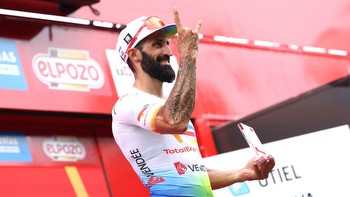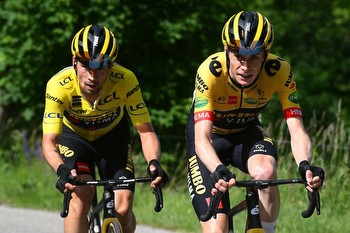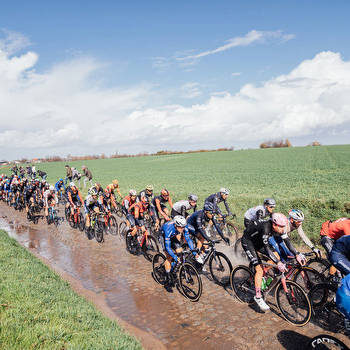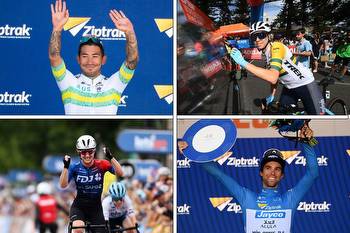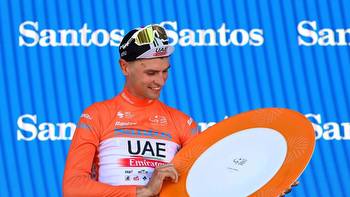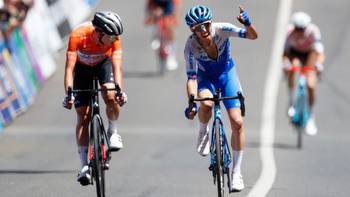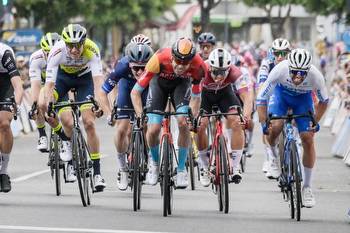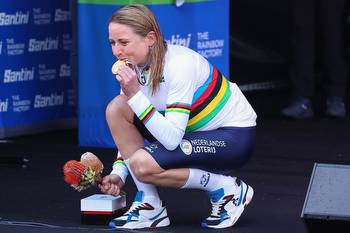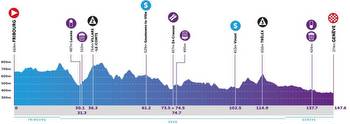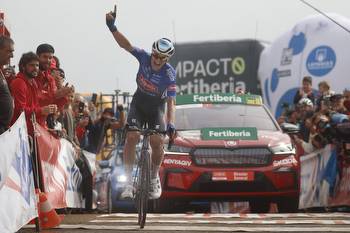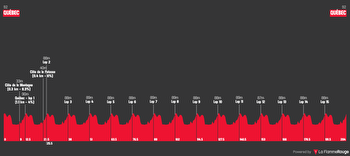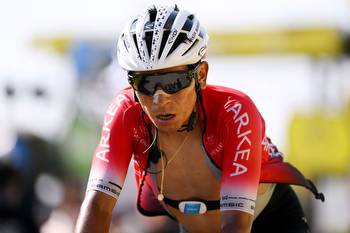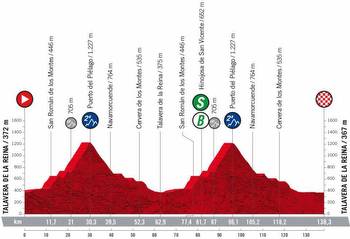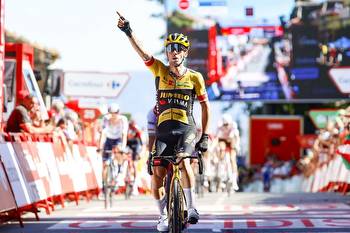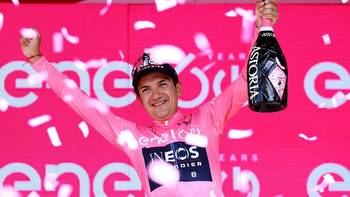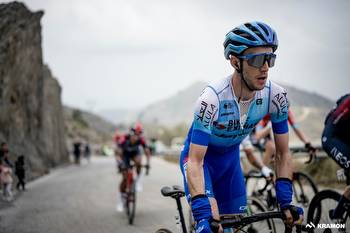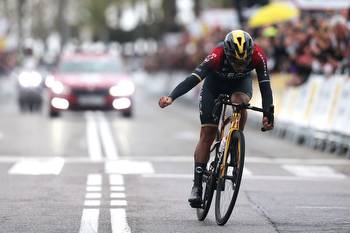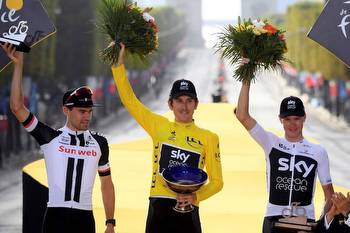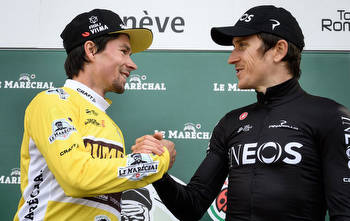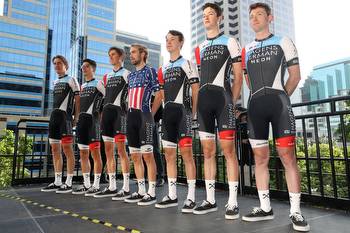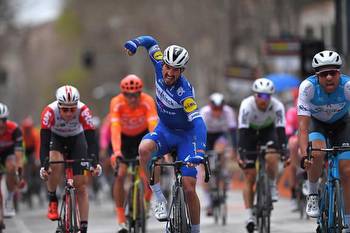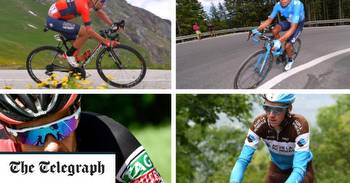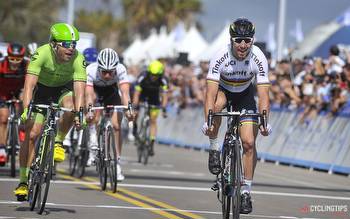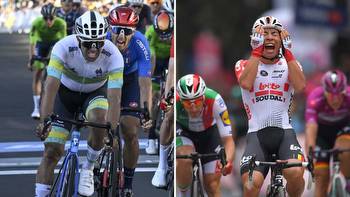Tour Down Under 2023: how the race was won
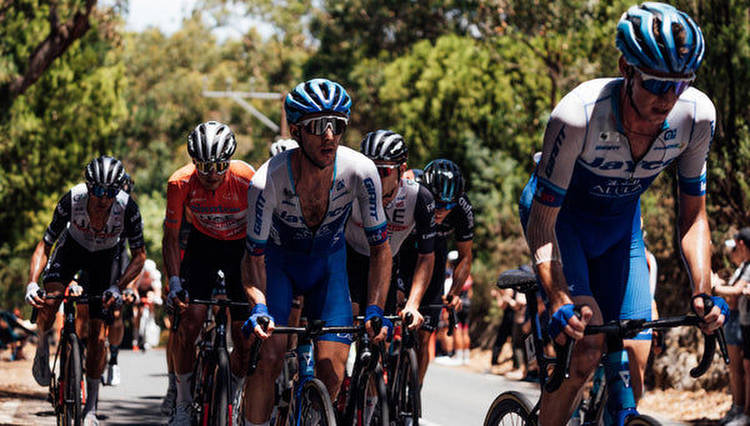
A lot has changed in Jay Vine’s life since the Tour Down Under was last held in 2020. Back then he was a 24-year-old rookie still pursuing, seemingly against the odds, a pro contract, and missed out on selection by the Australian national squad. This year, he entered the race leading one of the biggest teams in the WorldTour as a top pre-race favourite, having won the Zwift Academy, and subsequently established himself as one of the most exciting prospects in the peloton.
His is a unique, endearing story, and, by taking overall victory at the race last week, it’s one that continues to develop into more and more of a fairytale. It was only late last summer that Vine claimed the first two victories of his pro career at the Vuelta a España; and not only was this his first overall victory at a WorldTour race, but the first time he’s finished anywhere near the top of GC. By sealing this title, he’s made the first steps towards proving himself to be consistent and complete enough to be a stage race GC contender — with leadership for UAE Team Emirates at the Giro d’Italia beginning to seem like a very real possibility.

Australian cycling boasts a lot of bright talent gracing the peloton at the moment, but victory here suggests Vine might just be the pick of the bunch. To win the overall here, he had to defeat most of his most established compatriots; unlike most other riders, for whom January is still a time for them to slowly build back up to racing condition, Australian stars make a point of arriving at their home race at a strong level. The nation’s only Grand Tour winner of recent years, Jai Hindley (Bora-Hansgrohe), was present, but only followed managed to stick with Vine on the first hilly stage on none of the subsequent ones; Ben O’Connor (AG2R Citroën), by contrast, had a slow start before only finding his legs on the final day of the race, to move up to sixth overall; and Rohan Dennis (Jumbo-Visma) excelled on stage two to take the stage and the leaders’ jersey from Alberto Bettiol (EF Education-EasyPost) with a well-timed late attack, only to be dropped out of contention the following day on the Corkscrew climb.
Vine’s climbing was superior to all of these more firmly-established GC riders, but similarly important was the ride he did on the opening day prologue. In a race that didn’t feature much climbing and bypassed the usual Willunga Hill climb altogether, this test against the clock proved to be decisive, despite only being 5.5km in length; the 12 seconds he gained on Simon Yates (Jayco-Alula) would ultimately swing the race in his favour. Vine had already shown considerable improvement against the clock when he won the National Championships a week before ahead of specialists like Luke Durbridge (Jayco Alula), and this time managed to overcome the rainy conditions to finish ninth, 14 seconds behind stage winner Bettiol (who benefited from avoiding the rain), and ahead of all the other top climbers. It’s an addition to his skill set that will hold him in good stead as he targets bigger stage races in the future.
Having put himself into GC contention, Vine made all the right moves the following days, first picking the opportune moments to attack on stages two and three to take the jersey, then defending it intelligently with the maturity of someone with vastly more experience. He rode wisely to never go into the red, and stuck single-mindedly to the task to, in his words, ‘follow Yatesey, follow Yatesey, follow Yatesey, follow Yatesey.’ The Briton had been his match on each of the previous hills without ever distancing him, and tried one last committed dig on the final climb of the race 2km from the finish of stage five, but Vine never looked like being dropped.
Yates did manage to out-sprint him at the finish to take the prize of a stage win and second place overall, but Jayco-Alula wanted more from the race. As the only Australian trade team at the race, this race means more to them than any other, and they’ll feel pained to have missed out so narrowly. Despite that, they can head into the 2023 season optimistically, boasting an elite roster of riders, as evidenced from the two-pronged leadership that they brought into this race of Yates and Michael Matthews.
Initially, Matthews seems to have been the team’s top pick, believing himself to be well-suited for a rare GC rider in what was a parcours featuring many short climbs but no major ones. After he placed tenth in the prologue, the plan appeared to be to gather bonus seconds in the sprints, and by doing so he’d already moved up to third after stage one. But an unfortunately timed mechanical left him unable to follow Vine’s attack the following day, causing him to tumble down the classification. Matthews still wound up winning the points classification, but leaves the race disappointed having not managed to win a stage either.
Instead, the spoils in sprint stages went to two less-fancied riders. Phil Bauhaus emerged from the mess of a crash-filled stage one to win the bunch finish (the first of two stage wins for Bahrain-Victorious, for whom Pello Bilbao triumphed on stage three on route to a third-place finish overall), then Bryan Coquard (Cofidis) made the split in the crosswinds to finally claim his long-awaited first ever stage first ever win at WorldTour level on stage four. Australia’s so far unmentioned other household name, Caleb Ewan, was riding (albeit for UniSA-Australia instead of his absent trade team Lotto-Dstny), but didn’t quite get either of his sprints right; he left it fractionally too late to come past Bauhaus the first time, then failed to get into the mix against Coquard the next time. Instead, this race was all about his compatriot Jay Vine, who joins the likes of Richie Porte, Rohan Dennis and Simon Gerrans to become the latest home winner of the Tour Down Under.

